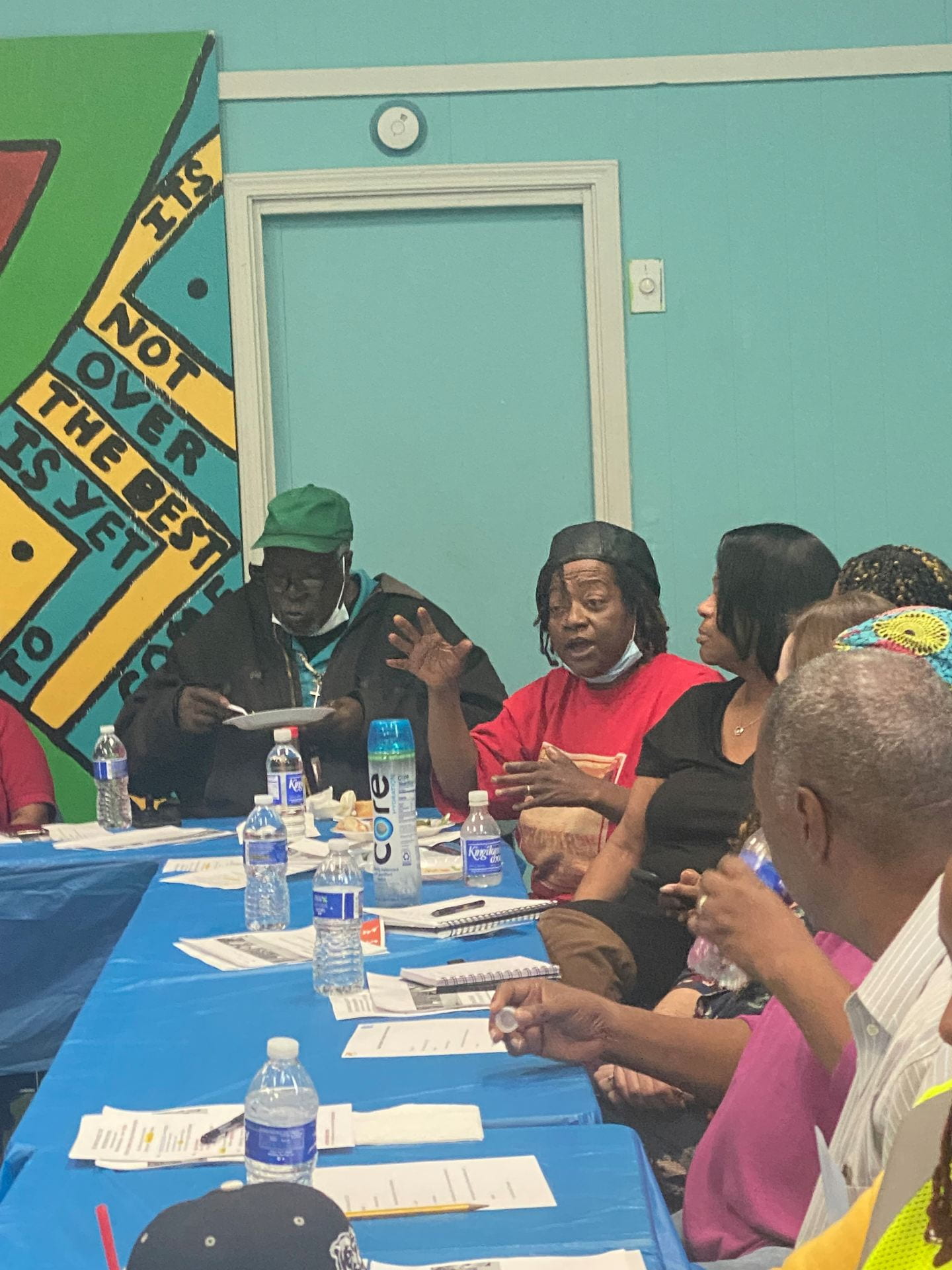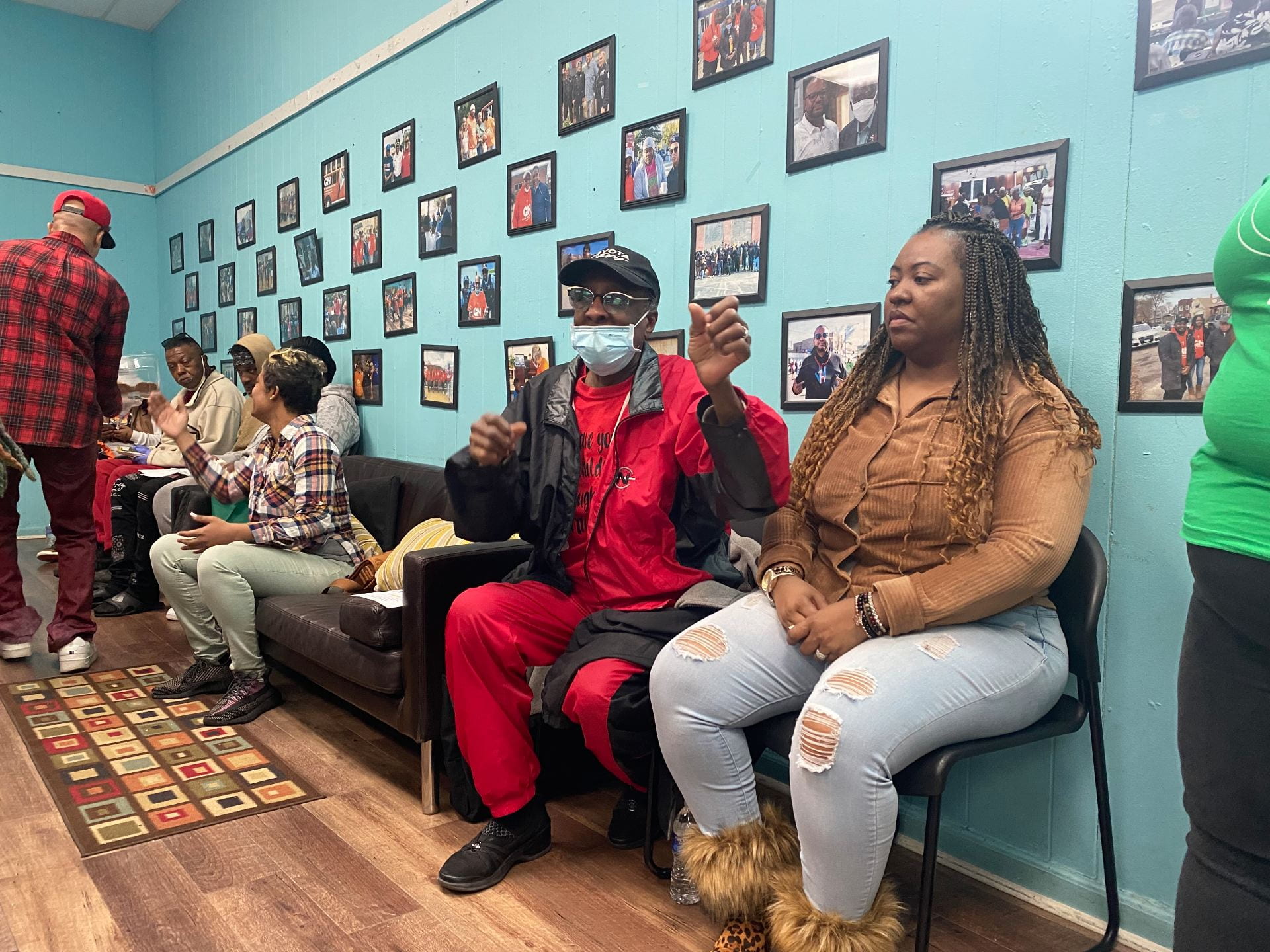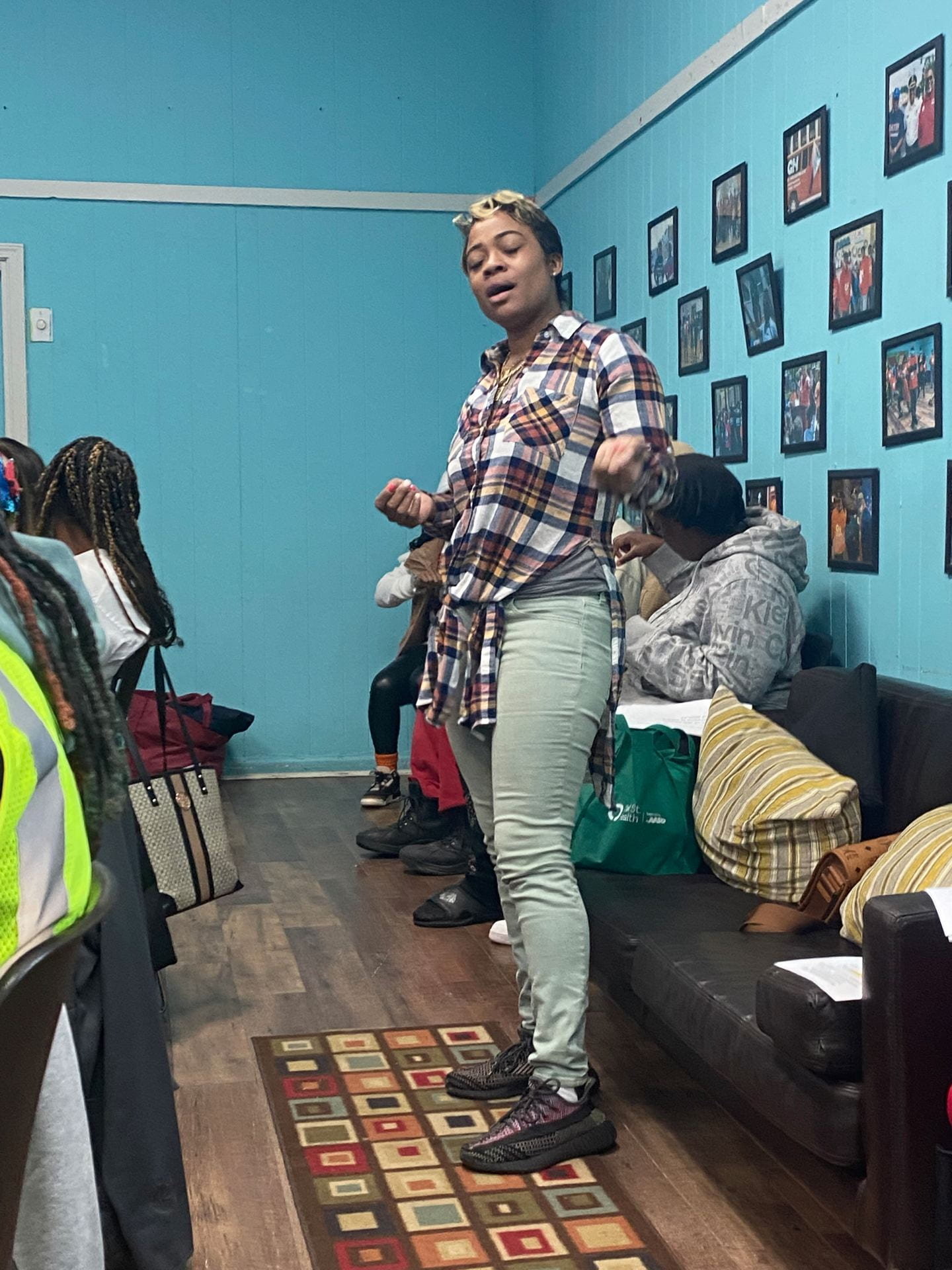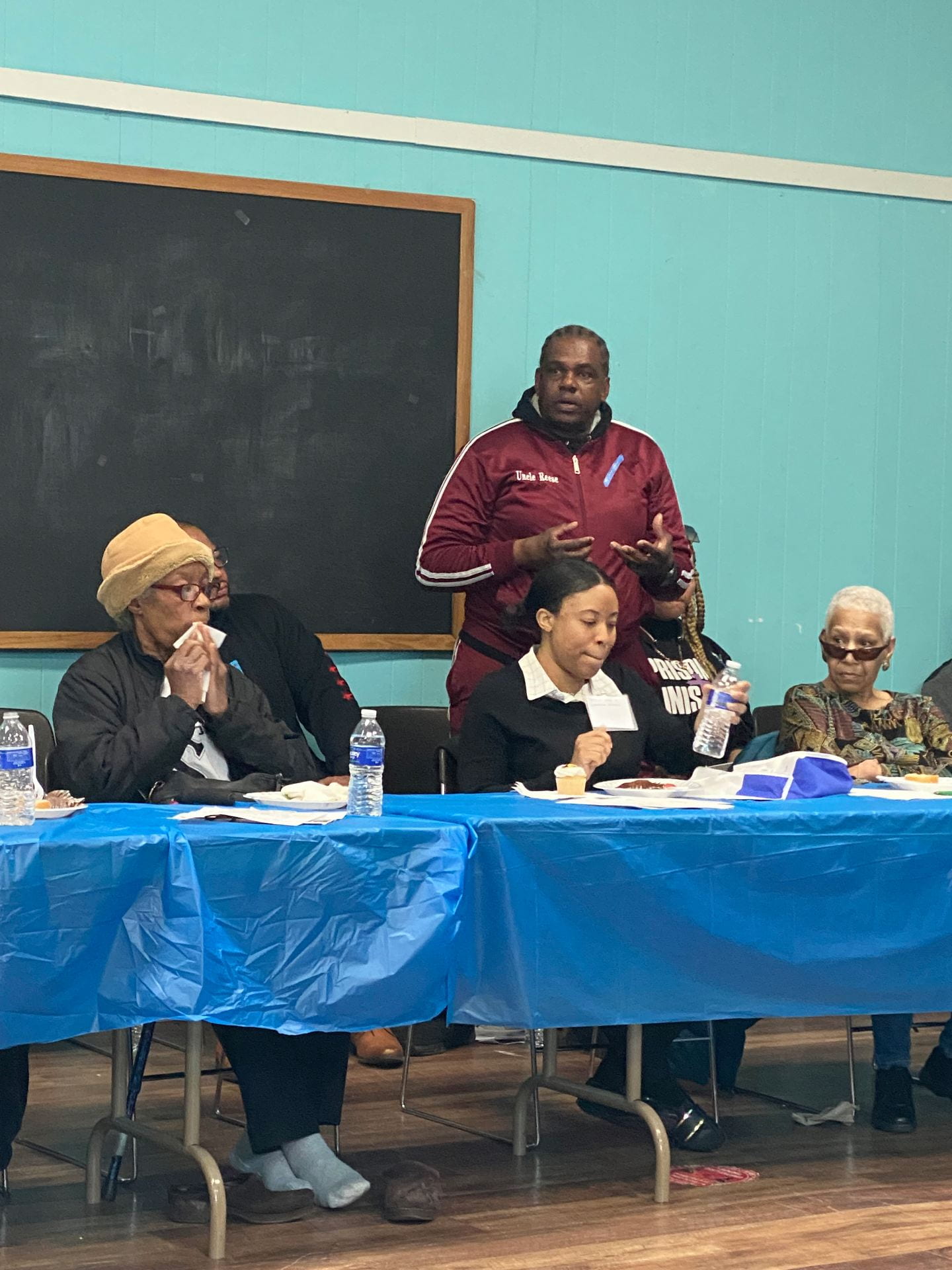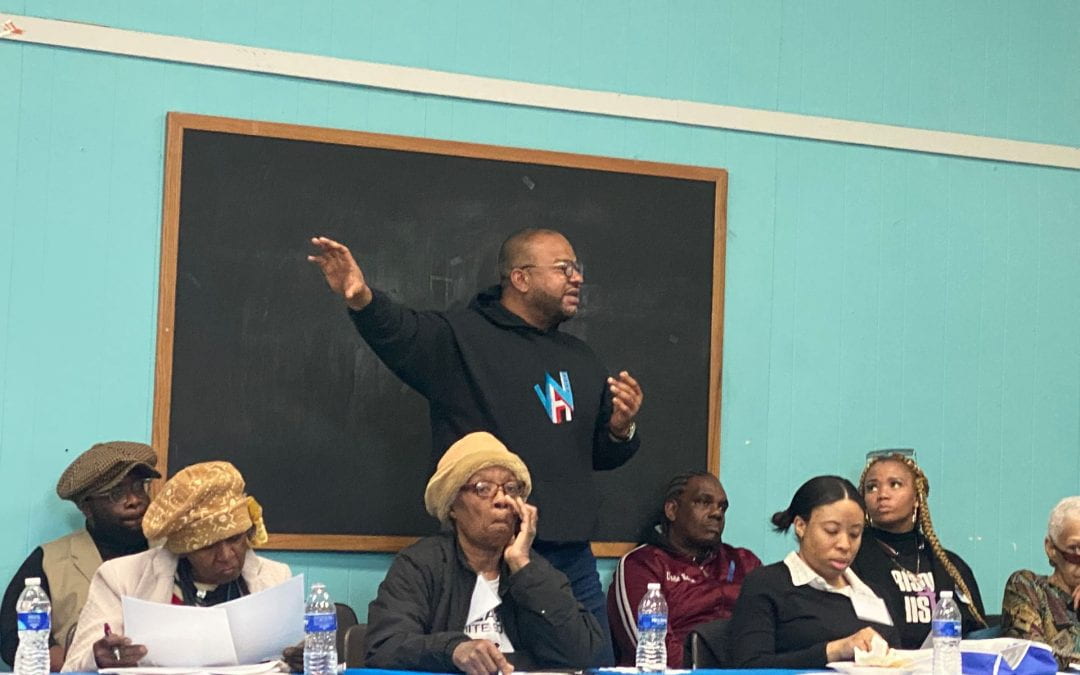On April 18, 2023, C3EN and Westside Health Authority cohosted a town hall at Westside Health Authority’s Good Neighbor Campaign (5437 W. Division, Chicago) in Austin. The meeting was held as a roundtable with community members and researchers. Community members cited mental health, trauma, violence, lack of access to resources such as grocery stores, poverty, and homelessness as major concerns. One noted that the high cost of healthcare and medications impacted their ability to pay rent and utilities, even with the assistance of government programs such as Medicare and Medicaid. Others noted that it is challenging to break the cycle of poverty — “it’s expensive to be poor!” One suggested that infrastructure in the immediate surroundings support certain choices while making others difficult to impossible (“We have a liquor store and a church on every block, but no grocery store”). Several members mentioned a historic distrust of hospitals, researchers, and the pervasiveness of systemic racism as barriers to participating in research. One stated a desire for a clearly articulated agenda for the research.
Christie Edwards, director of C3EN’s Community Based Research Network, described C3EN as an initiative in breaking conventional protocols for research by partnering with communities to develop aims, topics, and priorities for research. Citing statistics that show higher incidence of cardiovascular illness, obesity, and significantly reduced life expectancy among Black populations, especially Black women, she said, “We need to find solutions to close this gap.”
“We need data, so that when we go to policymakers to say, ‘This is killing us,’ we have the evidence,” said Morris Reed, CEO of Westside Health Authority.
Community members also suggested areas for improvement. Education and communication — between elders and youths, as well as between medical professionals and community members — were mentioned as essential. One person mentioned a desire for more community health workers to follow up with community members on medications and medical advice. One person voiced a need for economic development, which would improve investment in their own neighborhoods, noting that money is always flowing out of the community because of the need to go elsewhere to purchase basic needs, such as food. “We all pay taxes, even the homeless person who goes to a store with a dollar someone gave him — so why don’t we get resources?” said one person.
Overall, the discussion revealed a primary concern for partnerships moving forward: how can communities urgently in need of resources benefit from research that may take years to bear fruit?
